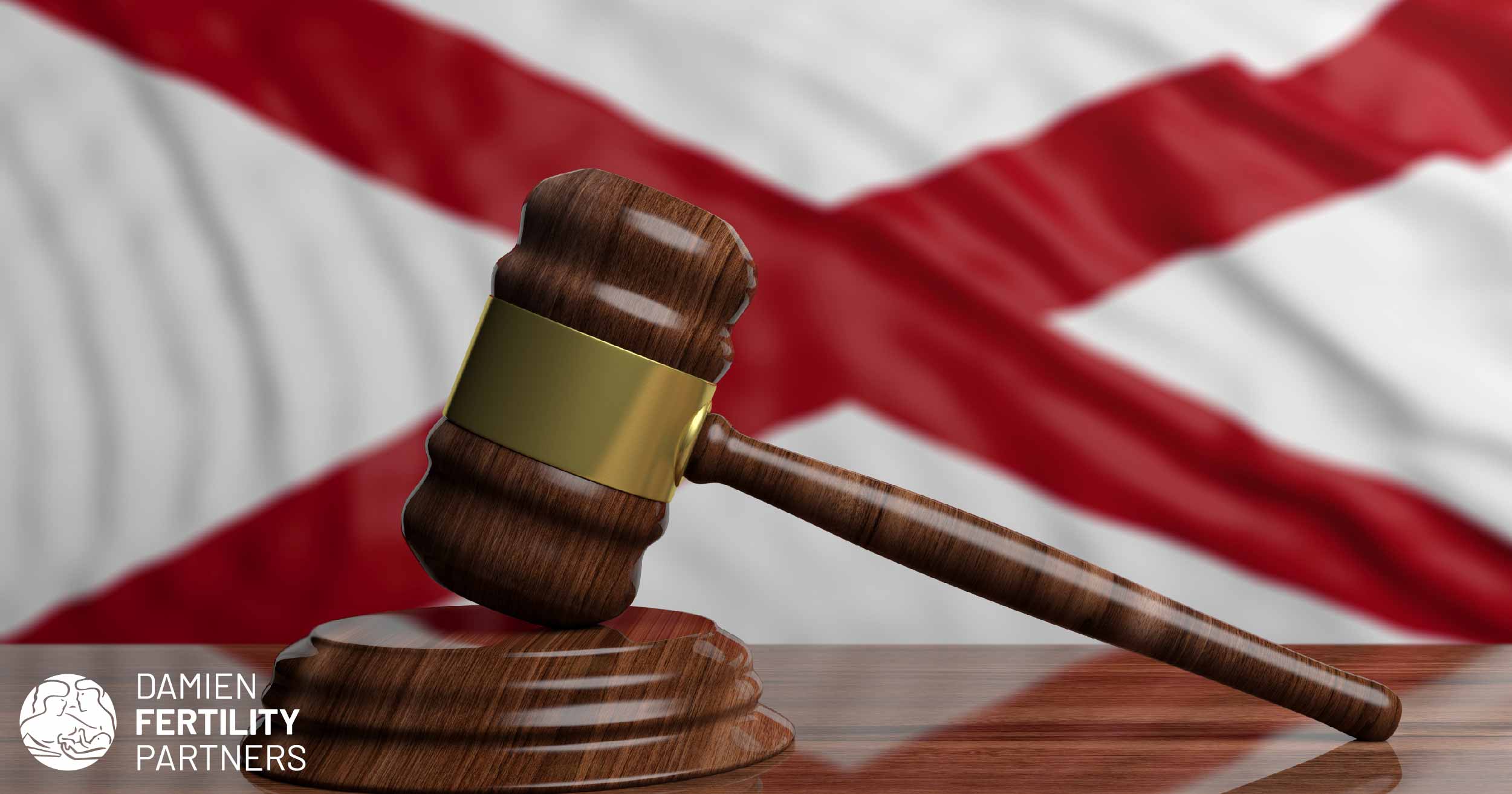Understanding the IVF Ruling in Alabama

On February 16, 2024, the Alabama Supreme Court issued a ruling declaring that embryos created through in vitro fertilization (IVF) should be considered children.
With the reversal of Roe v. Wade states have been given the ability to regulate life from the moment of conception, which can have an impact on IVF. In December 2020, three couples who underwent IVF and had frozen embryos at a fertility center in Alabama had their embryos destroyed inappropriately after someone broke into the facility. These couples brought lawsuits against the fertility clinic for the Wrongful Death of a Minor Act to the Alabama Supreme Court who ruled this law applies and determined that these in vitro embryos are declared personhood, so they are children or people.
Why is this decision so extraordinary?
To grasp its significance, a clear understanding of how IVF operates is essential. In an IVF cycle, the primary objective is to safely retrieve as many eggs as possible. However, not all retrieved eggs will successfully fertilize to form embryos. Subsequently, an embryo must develop and divide before it can be transferred into the uterus. Even then, not all embryos progress to the crucial blastocyst stage. Even when a blastocyst is achieved, transferring it into the uterus does not guarantee a pregnancy or live birth. Despite advancements in IVF techniques, the likelihood of a successful live birth remains uncertain. Imposing limitations on embryo usage could further impede this already complex process, reducing success rates and inflating costs.
The second critical concern stemming from this ruling pertains to the treatment of embryos. If embryos are deemed to be persons, several questions emerge: Can embryos be frozen for future use? Can they undergo genetic testing through biopsy? These queries and many others remain unanswered, raising genuine apprehension regarding the legal ramifications of declaring embryos as persons under Alabama law.
2% of births in the US are from IVF with this number is only increasing. If laws limiting IVF are passed in Alabama, other states may follow greatly affecting many families struggling already.
What can we do?
In response to this ruling, we can take several actions to advocate:
Push for new laws to clarify how embryos are legally viewed.
Spread awareness about what this ruling means and how it could affect families and reproductive rights by sharing our stories and your own
Help educate about the complexities of IVF and the importance of considering different perspectives on embryo rights and fertility treatments
Offer support to individuals and families impacted by the ruling. This can help them navigate the challenges and uncertainties that come with fertility treatment in a changing legal environment
Overall, the ruling by the Alabama Supreme Court underscores the importance of carefully considering ethical, legal, and societal issues surrounding IVF. While this ruling may not directly impact patients in New Jersey, at Damien Fertility Partners, we are committed to supporting and advocating for families and healthcare providers worldwide.
Have questions and want to learn more? Reach out to Damien Fertility Partners at 732-758-6511 or hello@damienfertilitypartners.com for guidance and support.
